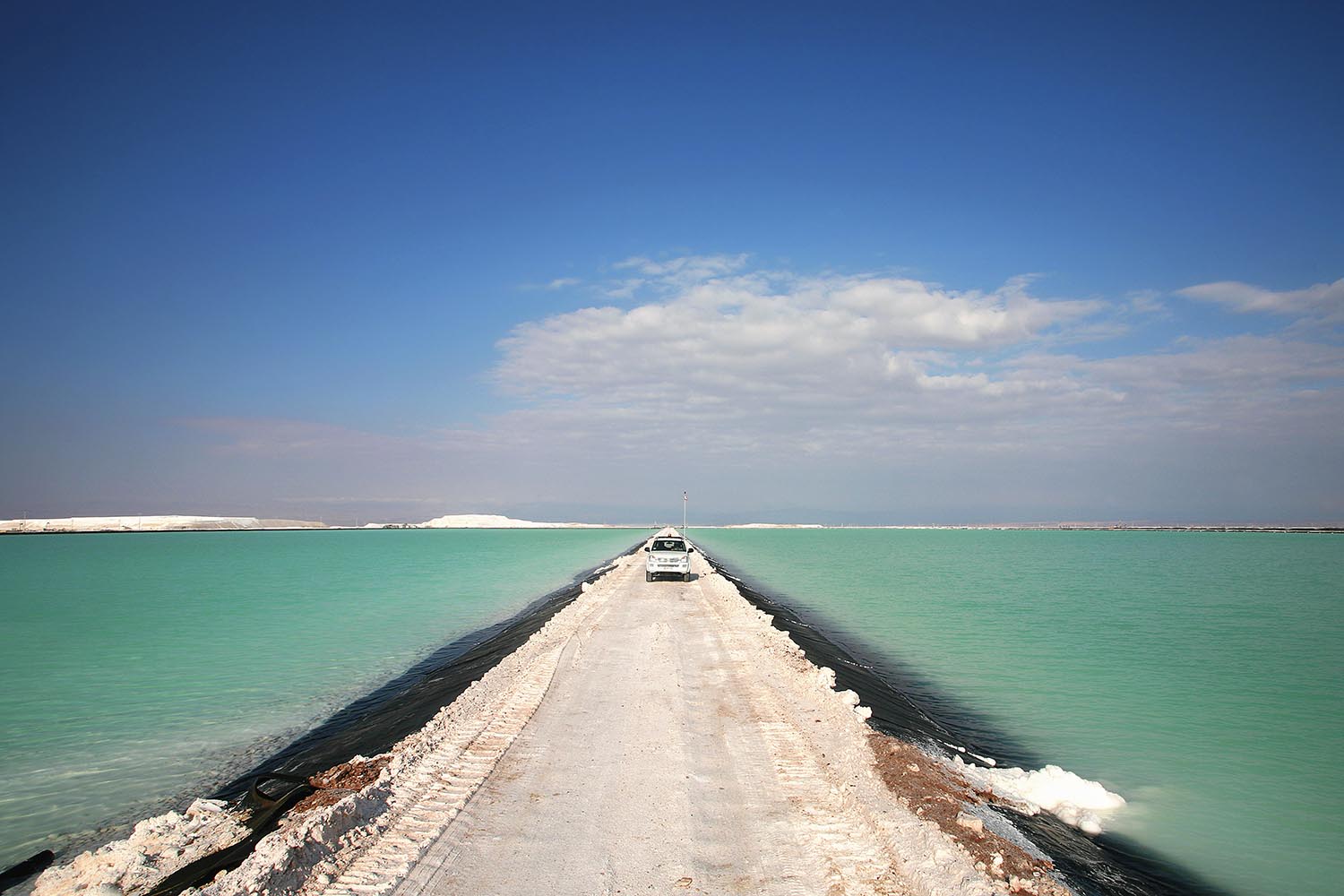
Chile has raised the prospect of cooperating with other countries that produce lithium, a critical mineral in battery production, to protect them from being “exploited” by wealthy countries in the global north.
Indonesia, another major lithium producer, has also raised the prospect of establishing an Opec-style cartel for battery minerals.
Chile, now led by a leftwing president who wants to bring the lithium industry under state control, holds the world’s largest reserves of lithium and is focusing on international cooperation to strengthen environmental standards.
Its environment minister, Maisa Rojas, told Tortoise: “We really want to make sure we don’t implement measures for addressing climate change that have a negative impact on our biodiversity crisis.”
She added: “We need to make sure this is not [another] version of the north exploiting… an extractive industry that brings environmental degradation to our countries.”
Mexico nationalised its lithium industry last year, setting a precedent for countries seeking greater control over their supplies of critical raw materials. Chile’s plan allows private companies to continue operating but requires them to enter into public-private partnerships.
Chile’s plan aims to protect at least 30 per cent of the salt flat ecosystems where lithium is found, limiting the area available for mining. Rojas said Chile would also conduct research into reducing the heavy water use of traditional lithium mining.
“All of this will be done with dialogue with the Indigenous communities that live around those salt flats,” said Rojas, a climate scientist with a doctorate from the University of Oxford.
“Hence the possibility of more social justice than if we did this in the traditional way of selling to a foreign company.”
